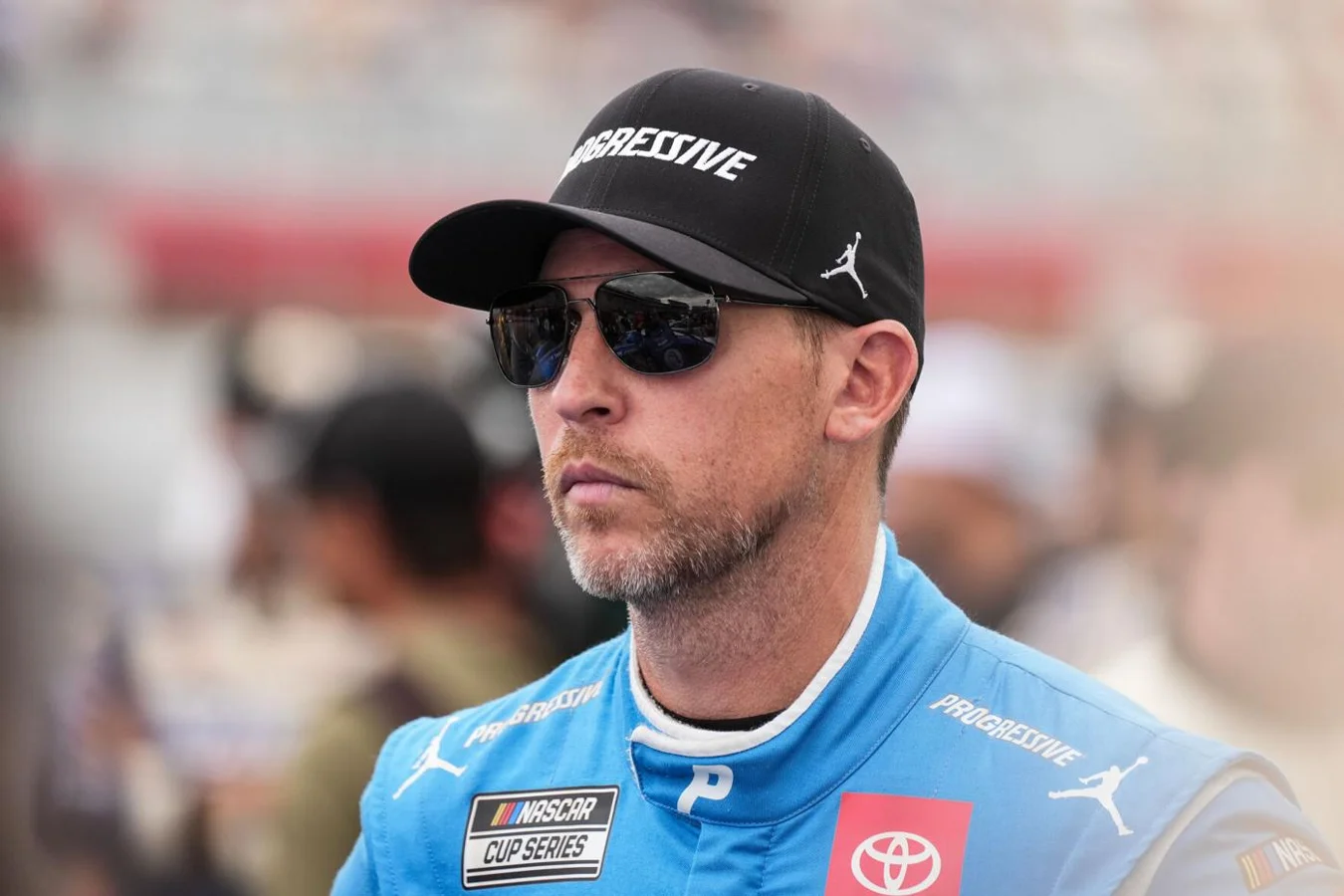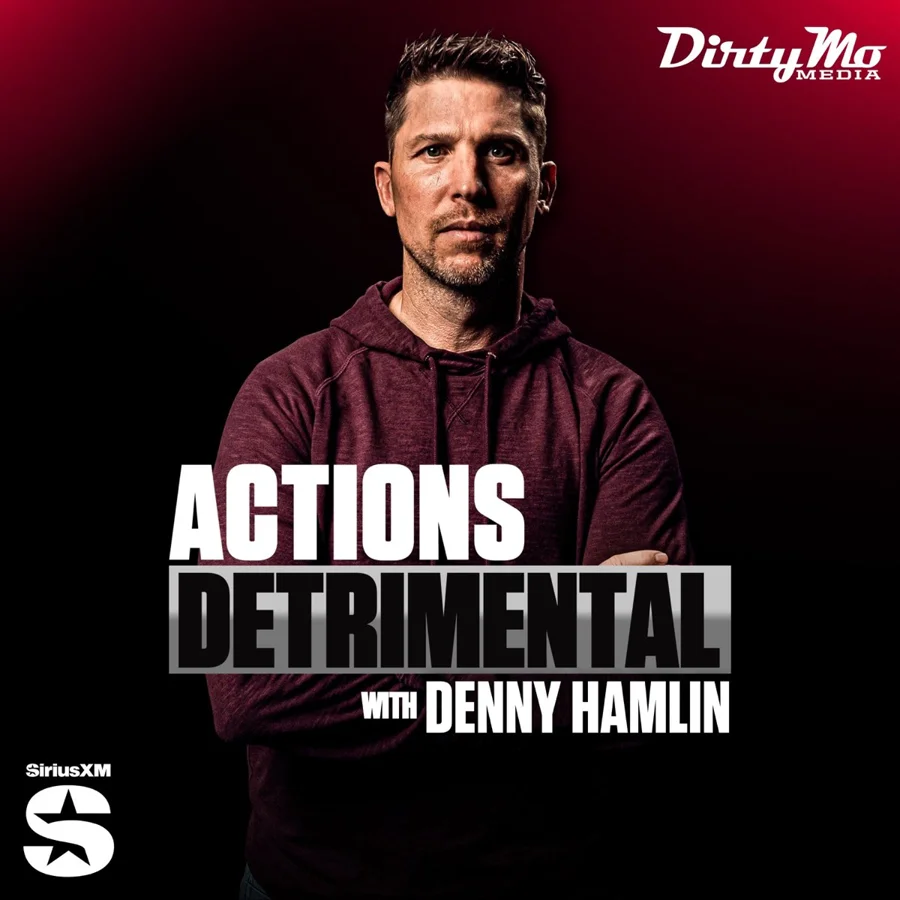At the recent Roval race, officials issued new warnings to Xfinity and Cup teams, instructing drivers to avoid discussing points during competition—a routine topic, especially among playoff contenders. Denny Hamlin, a prominent Cup Series driver, has suggested that the increased presence of gambling in sports may be prompting NASCAR’s intensified oversight. The questions raised speak to the heart of the ongoing Denny Hamlin NASCAR gambling crackdown and its implications for integrity and strategy within the sport.
Historical Team Strategies and Manipulation Scrutinized
Over the years, strategic conversations about points and cutline status have played a major role in the NASCAR Playoffs, frequently emerging on driver radios. With the Playoffs on the line, teams have sometimes devised ways to use race outcomes to their advantage, helping teammates progress or securing better finishes when possible. Such maneuvering has led NASCAR to view point discussions as potentially problematic. This shift has left drivers and teams in a gray area, unsure when or whether they can communicate honestly about their position and strategy.
Denny Hamlin Weighs in on Sensitive New Guidelines
Denny Hamlin, speaking ahead of practice in Las Vegas, shed light on the complexity now facing drivers. He compared NASCAR’s evolving position to trends seen in other sports, where actions on the field sometimes impact betting outcomes and financial interests.

Hamlin explained that sports like college football can sway bets with late-game maneuvers, and he expressed that athletes typically act in their own best interest, regardless of wagers placed by others. He observed that while NASCAR remains sensitive to the risks posed by gambling—ensuring fairness for all participants—drivers themselves are looking for clear guidance on what decisions are permitted, especially since playoff points may soon reset, reducing the significance of minor finishing differences.
At that point, then, I actually gain the advantage by being able to choose, if I so choose, if I wanted to. But I don’t know whether that’s, I still don’t know whether that’s acceptable or not. It was a very weird situation, it was a very unique one. It may or may not come up again at some point. But I’m wondering, are people going to be allowed to intentionally wreck? I said on my podcast what I did to Chastain at Phoenix. I don’t know how it’s any different whatsoever. I’m not saying there should be a penalty for Ross or anything but an intentional wreck is an intentional wreck. What’s the difference? So, I certainly would like that clarification sooner than later. So, we all know what to expect.
Hamlin, NASCAR driver
As Hamlin’s quote underscores, drivers feel unsettled in the absence of consistent enforcement and publicly communicated rules. He points to past incidents—from intentional racing moves to aggressive team strategies—and wonders whether the new approach will clarify what is acceptable on track or introduce further uncertainty.
The Interplay Between On-Track Choices and Safety
Currently, Hamlin and others contend that the latest limits on radio chatter may not significantly affect their race-day calculations in the immediate rounds at Las Vegas and Talladega. Drivers remain focused on track performance, knowing that points and positions will once again become crucial as the Playoff field narrows.
Nonetheless, the question remains whether drivers will have access to critical information that enables them to make safe decisions late in the race. Hamlin revealed that after racing with Ross Chastain last week while unaware of his own points situation, he found himself unexpectedly caught up in a dangerous move in the final turn, highlighting how incomplete information could introduce safety risks.
Potential Consequences as NASCAR Faces Gambling Era
As sports gambling continues to shape the broader athletic landscape, its effects on NASCAR’s policies have come under increasing scrutiny. Hamlin believes gambling may be at least partly responsible for restricting key strategy discussions, raising concerns about how much information drivers and teams will ultimately have access to in high-stakes moments.
Ross Chastain and other top competitors now enter a period of uncertainty, as the entire garage waits to see how NASCAR will enforce these new measures, especially during pivotal events at Phoenix, Las Vegas, and Talladega. For many, the hope is that officials, drivers, and teams can reach a balance that protects the integrity of the sport while promoting fair competition and ensuring the safety of all involved.
